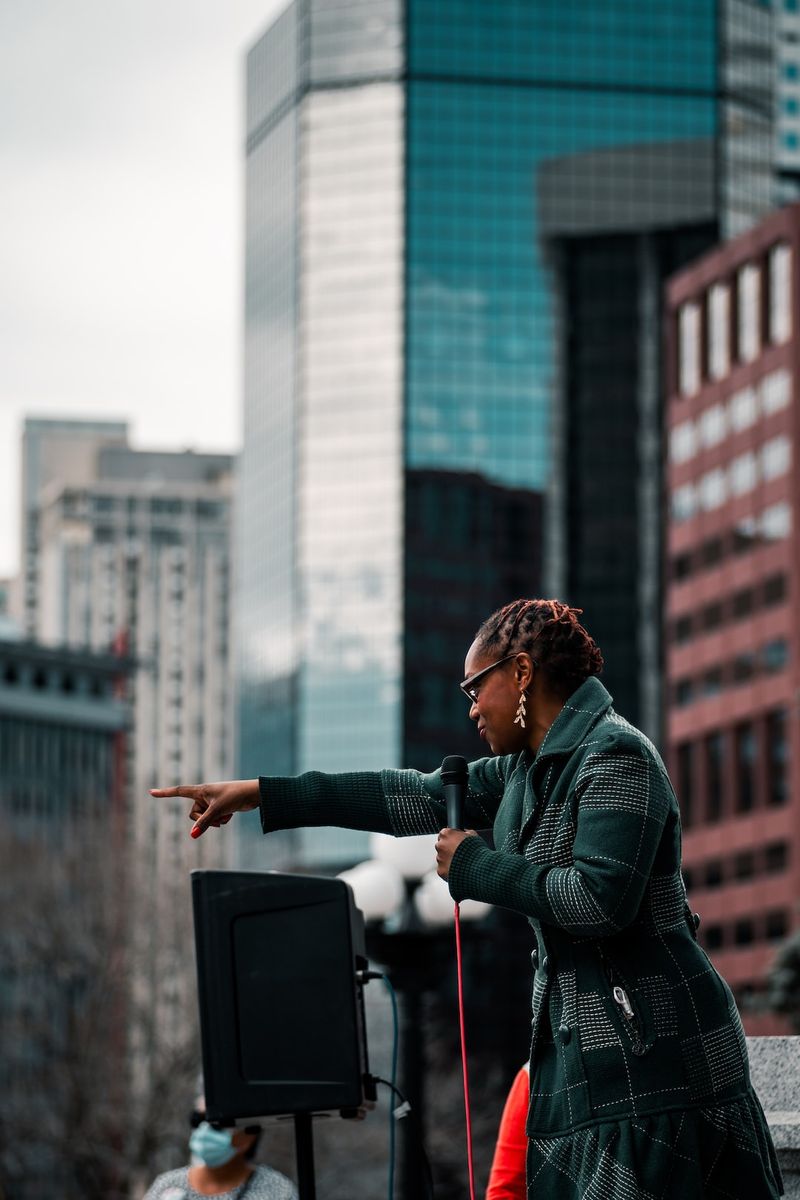Hollywood Chiefs and Writers Resume Negotiations: A Glimmer of Hope Amidst the Strike
After 143 days of the Writers Guild of America (WGA) strike, negotiations between the WGA and heads of major media companies, including Warner Bros. Discovery, Disney, Netflix, and NBCUniversal, have resumed. These talks come after a significant pause in the negotiations, but the return to the table brings a glimmer of hope for a resolution to the ongoing strike.
The Complexities of the Strike
The strike, which began on May 2, has had a profound impact on the entertainment industry, resulting in halted productions and losses estimated to be over $5 billion. The WGA, representing more than 11,000 writers, is demanding better wages, residuals payments from streaming services, and job protections against the use of artificial intelligence. These demands align with the interests of the Screen Actors Guild-American Federation of Television and Radio Artists (SAG-AFTRA), which represents about 160,000 actors.
However, the negotiations between the WGA and media company heads do not guarantee an immediate end to the strike. A tentative deal would still need to be ratified by rank-and-file members before taking effect. Furthermore, a resolution with SAG-AFTRA is essential, as their agreement is necessary to resume halted productions. Actors going on strike on July 14 added further complexity to the situation, with both unions now sharing similar demands.
Possible Consequences and Potential Solutions
If the WGA reaches a settlement agreement with media company heads, SAG-AFTRA could face pressure to agree to a similar deal and potentially end the strike. However, given their leverage, SAG-AFTRA has the power to keep productions shut down until their demands are met.
The ongoing strike has already resulted in the suspension of several talk shows, including “Real Time with Bill Maher,” “The Drew Barrymore Show,” and “The Talk,” due to backlash surrounding their return plans. Late-night shows, including “Saturday Night Live,” had also stopped producing new episodes when the strike began.
While the negotiations between the WGA and media company heads offer a glimmer of hope, the timeline for a resolution remains uncertain. The strike’s impact on the economies of Southern California and New York has been significant, with estimated losses exceeding $5 billion. Studios and streaming services, although initially benefiting from not having to pay for new productions, are now starting to feel the financial impact, including Warner Bros. Discovery, which expects costs of up to $500 million by the end of the year due to the strike.
Editorial and Advice
The prolonged strike between the WGA and major media companies reveals deeper underlying issues within the entertainment industry. At the heart of this struggle is the evolving landscape of media consumption, where writers and actors are seeking fair compensation and job protections in the digital age.
The rise of streaming platforms and the increased reliance on artificial intelligence in creative processes have disrupted traditional revenue models and raised concerns about job security. While the demands of the WGA and SAG-AFTRA reflect the realities of this changing industry, finding a middle ground that supports both creative professionals and the sustainability of the entertainment business is vital.
As negotiations continue, it is essential for the parties involved to consider the long-term implications of their decisions. Balancing the needs of writers and actors with the financial viability of studios and streaming services requires compromise and innovative solutions.
Moreover, this strike serves as a reminder of the significant power imbalance between creative professionals and the media conglomerates that control the industry. It highlights the need for stronger collective bargaining rights and collaborative efforts between unions to ensure fair treatment, job security, and adequate compensation for all who contribute to the success of the entertainment industry.
Ultimately, a resolution to the WGA strike rests on finding common ground and addressing the concerns of all parties involved. It is critical for negotiators to prioritize these discussions, recognizing the enormous impact of this strike on the livelihoods of countless individuals who rely on the entertainment industry for their careers.

<< photo by Lara Jameson >>
The image is for illustrative purposes only and does not depict the actual situation.
You might want to read !
- “The Rise of Christian McCaffrey: The Blueprint for the Next Generation of Star Running Backs”
- “Ensuring Public Health: Expanding Access to COVID-19 Tests and Enhanced Vaccines During Winter”
- The Second Wave: Biden Administration Revamps Free At-Home Covid Testing
- Turbulent Times: Analyzing the Divorce of Bijou Phillips and Danny Masterson
- Editorial Exploration: Exploring the role of love in our lives and the importance of presence and support in relationships.
Title: “The Power of Love: Embracing Presence and Support in Relationships”
- Mapping Love: Unraveling the Physiological Landscape of the Heart




